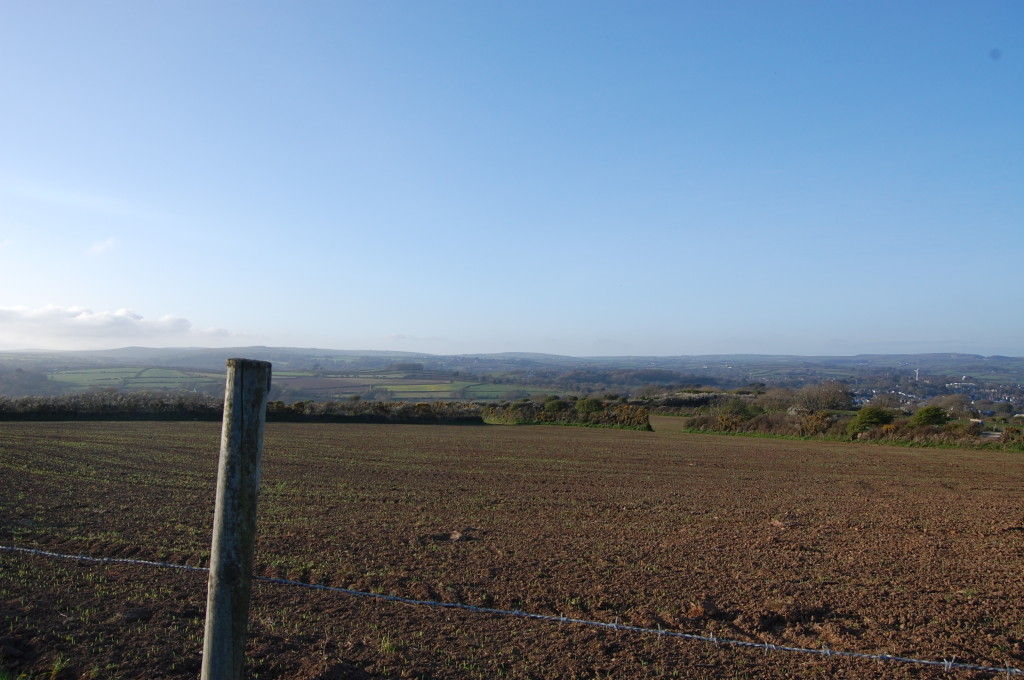 A farm, like every other business, essentially needs to be two things: profitable in the short-term, and sustainable in the long-term. Unlike most other businesses however, on a farm your actions have the power to profoundly affect almost every aspect of the business, for better or for worse; which is why planning for the future and ensuring your farm's sustainability is of paramount importance.
A farm, like every other business, essentially needs to be two things: profitable in the short-term, and sustainable in the long-term. Unlike most other businesses however, on a farm your actions have the power to profoundly affect almost every aspect of the business, for better or for worse; which is why planning for the future and ensuring your farm's sustainability is of paramount importance.
If done properly these following suggestions will do more than simply ensure a farm's long-term viability, but also reduce costs and make your job considerably less hassle. It is important to balance the kind of improvements you make, as some will show results almost immediately, whilst others will not bear fruit until sometime in the future and should be considered as investments for the future.
To start with it makes sense to focus on the land itself. Most farmers will understand that soil is not just soil and that the levels of carbon and organic matter that are found in it will have a dramatic effect on the quality of crop growth. There are several ways to ensure the health of your soil including:
If you are using waste from your own livestock as a fertiliser then it is important that you handle and store the manure in an efficient manner, in addition to trying to reduce the methane content. An effective way of doing this is by adjusting the diet of your livestock to one that would suit efficient milk or meat production.
Energy is a big concern for businesses in general, and finding ways to increase energy efficiency can save you hundreds of pounds every year. There are a number of ways to do this, some are as simple as changing light bulbs to more energy efficient ones, which will result in small savings; but there are some which will require an initial investment on your part that will be paid off through the savings it provides.
The main areas that should be looked at regarding this are machinery and vehicles, which are two of the biggest places where energy is spent. Fortunately both seem to run on the same principle with the ones that are cheap to buy being the ones which will cost you the most in the long term. The thing to remember is that when you pay more for machinery or vehicles you are not just paying for its ability to perform, but also the work and research that went into its conception; essentially the more efficient machines will cost you at the beginning, but it is the cheaper old ones that will slowly bleed you dry.
The suggestions mentioned have been rather obvious and straight forward, but that is because each farm is as individual as the farmer who runs it. There are hundreds of possible avenues through which energy can be wasted, and just as many avenues through which energy can be used more effectively.
The best way to determine which avenues you would be best of following is by conducting an audit of your farm, which you can do online with the help of the CLA CALM calculator. Alternatively you could pay for an external auditor to come to your farm, conduct a survey and produce a written report from which you can clearly see your business' problem areas.